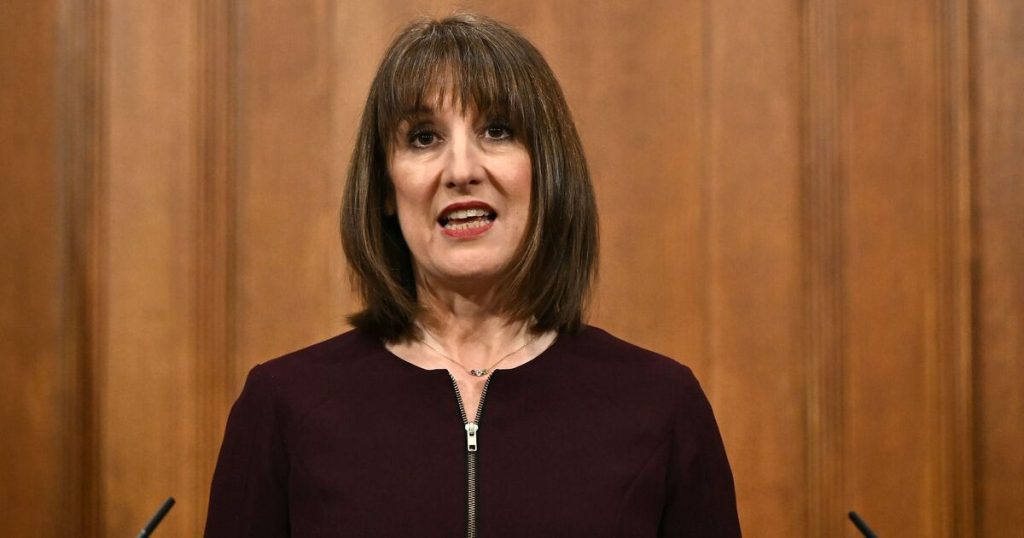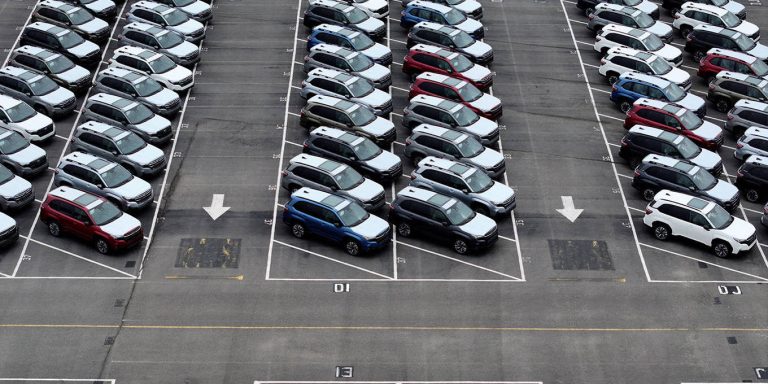
Working age households will be left £400 worse off next year as Rachel Reeves’ tax blitz, skyrocketing bills and benefits squeezes pile pressure on family finances, economists have warned. The Resolution Foundation think tank is warning Brits that the “triple blow” to household finances means the outlook for living standards is “historically bleak”.
A prolonged freeze on personal tax thresholds, introduced by the previous Conservative government and extended by Chancellor Rachel Reeves, is forcing more taxpayers into higher tax brackets, a phenomenon known as “fiscal drag”.The current freeze on income tax thresholds will continue until 2028, however Reeves could extend it until the end of the decade.
In a huge blow to the already under pressure Chancellor, the left leaning think tank found that these tax policies alone will drain £170 a year, or 1%, from the average household’s disposable income.
Adam Corlett, Principal Economist at the Resolution Foundation, said: “The new tax year has arrived, bringing higher taxes, even steeper bill increases, and benefits that fail to keep pace with the rising cost of living.
“The typical household is now projected to be £400 worse off this financial year due to a toxic combination of weakening wage growth, escalating housing costs, tax and bill hikes, and benefits failing to outstrip inflation.”
Those in the poorer half of the country their disposable income drop by £300 or 2%.
The think tank also blamed Labour’s national insurance tax raid for the “gloomy outlook”. Reeves has faced an ongoing backlash for increasing national insurance for employers in her autumn budget.
Households could be hit by even more tax rises after Reeves refused to rule out more hikes this year.
Reeves said last week: “If we go further and faster on delivering economic growth with our planning reforms, with our pensions reforms, with our regulatory reforms, we can both grow the economy and have more money for our public services. And that is what I’m focused on.”
Council tax bills also increased across England, Scotland and Wales on April 1, with households facing hikes of up to 9.99% with average bills for a Band D property increasing by £84.






